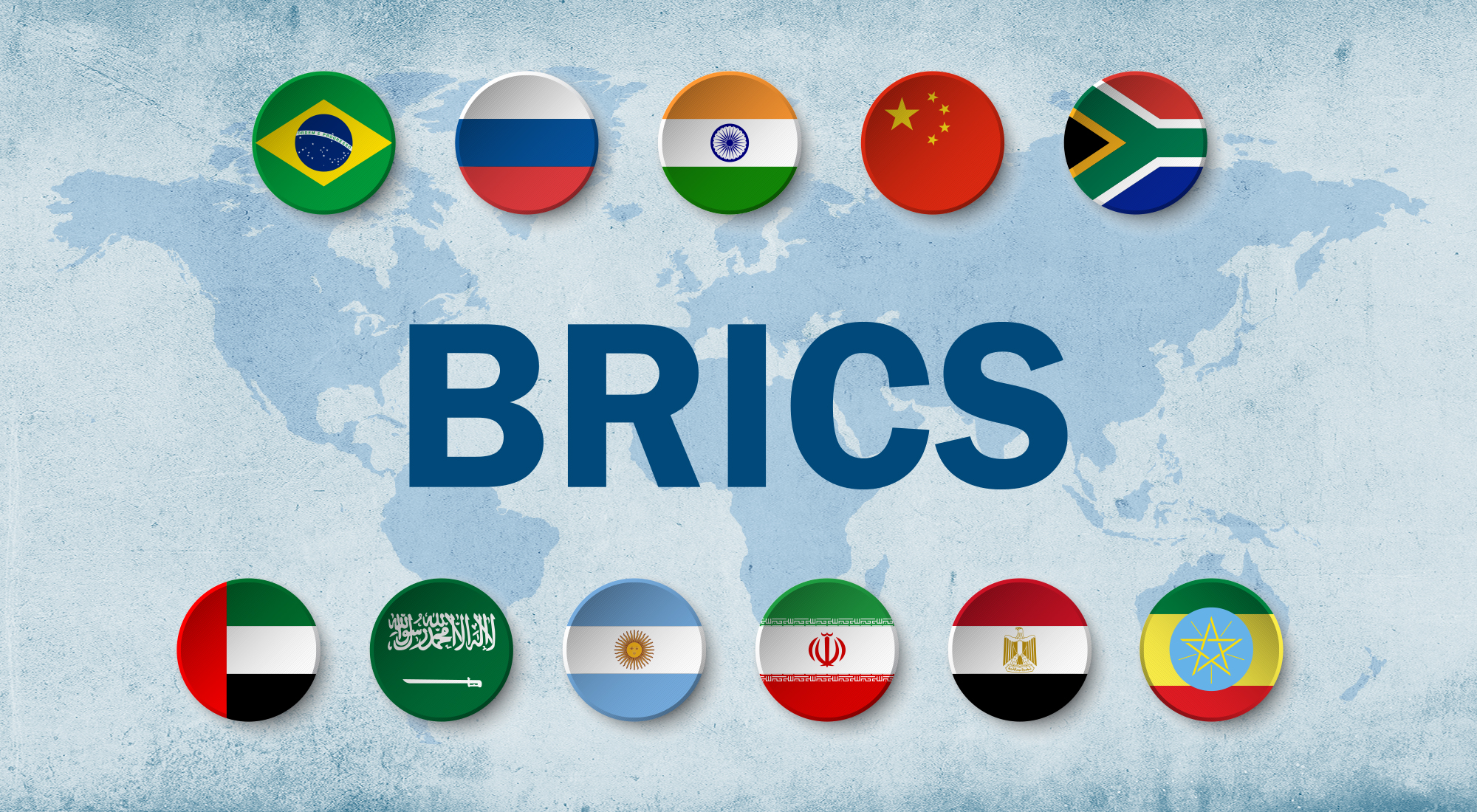
In a monumental shift for global geopolitics, Nigeria has officially joined the BRICS bloc as a “partner country.” This move positions the West African powerhouse alongside Brazil, Russia, India, China, and South Africa—nations that collectively represent some of the world’s fastest-growing economies. But what does Nigeria’s inclusion mean for Africa and the global economic landscape?
As the largest economy in Africa and home to a population of over 200 million, Nigeria’s role as a BRICS partner will undoubtedly shape future trade, politics, and development across the continent. This article unpacks Nigeria’s newfound alliance with BRICS, exploring how it could recalibrate the balance of power between emerging economies and the traditional G7 powers.
Nigeria’s Economic Clout: Why BRICS Took Notice
Nigeria’s inclusion in BRICS is not mere symbolism. As Africa’s largest economy and most populous nation, Nigeria brings significant economic weight to the table. With a population nearing 220 million and a rapidly growing tech sector, Nigeria represents the next frontier for investment in Africa.
The BRICS bloc, originally designed to challenge the economic dominance of Western powers, recognizes Nigeria’s potential to be a leader in African trade, development, and diplomacy. Its vast natural resources, especially in oil and gas, make it a crucial player in global energy markets. Moreover, Nigeria’s young and dynamic workforce presents a vast potential for growth, making it an attractive market for global investment.
BRICS and Its Vision for a Multipolar World
The BRICS nations have long sought to create a counterbalance to the G7 group of leading industrial nations. By welcoming Nigeria, BRICS aims to amplify the voice of the Global South in a world where power is increasingly shifting away from Western-dominated institutions.
The BRICS bloc’s collective economic influence already spans a diverse range of industries, from technology and manufacturing to energy and agriculture. Now, with Nigeria’s partnership, this influence is expected to extend further into Africa, a continent that continues to emerge as a critical economic player on the world stage.
Nigeria’s addition to BRICS is a reflection of the bloc’s ambition to foster greater collaboration among emerging economies. The goal is to reduce reliance on traditional Western markets and establish new trade relationships based on mutual interests and shared goals.
The Economic Benefits of Nigeria’s Partnership with BRICS
1. Boosting Trade and Investment
Nigeria’s inclusion in BRICS opens new avenues for trade and investment, both within Africa and across emerging markets. BRICS countries are known for creating alternative financial structures like the New Development Bank (NDB) and the Contingent Reserve Arrangement (CRA). These structures aim to provide funding and financial support for infrastructure projects and economic development in emerging economies. Nigeria, with its growing infrastructure needs, stands to benefit significantly from these resources.
2. Regional Economic Leadership
As a BRICS partner, Nigeria can play a more active role in shaping African economic policy. The country’s leadership in regional initiatives like the African Union (AU) and the African Continental Free Trade Area (AfCFTA) will be strengthened, further bolstering its economic influence. This leadership will not only benefit Nigeria but will also contribute to broader continental stability and growth.
3. Access to Strategic Markets
Nigeria’s partnership with BRICS provides African businesses with greater access to global markets, particularly in Asia, South America, and Eastern Europe. These regions are already key trade partners with BRICS nations, and Nigeria’s participation ensures that African products and services are well-represented on the global stage.
Key Challenges and Risks for Nigeria
Despite the promising prospects, Nigeria’s partnership with BRICS also comes with challenges. These include managing the complexities of multilateral diplomacy, aligning its national interests with those of the BRICS bloc, and addressing the socioeconomic issues that hinder full economic potential.
For example, Nigeria’s infrastructural deficits, political instability, and security challenges—particularly in the northeastern region—could pose significant obstacles to realizing the full benefits of this new partnership. However, Nigeria’s participation in BRICS could act as a catalyst for addressing these issues by attracting the much-needed foreign investment.
BRICS: A Threat to the G7’s Global Dominance?
The admission of Nigeria into BRICS is being closely watched by Western powers. The G7 countries, which have historically dominated global trade, finance, and policy-making, may now find themselves facing stiffer competition from the growing economic bloc of BRICS countries.
As a “partner country,” Nigeria is not a full member, but it still adds considerable weight to the bloc’s mission of creating a more equitable global economic system. The BRICS bloc’s vision is one where emerging economies have a stronger say in global affairs, challenging the status quo maintained by the G7.
Conclusion: A New Era for Africa’s Role in Global Politics
Nigeria’s partnership with BRICS marks a significant milestone in the country’s rise as a global economic player. As the largest economy in Africa, Nigeria’s involvement with BRICS opens new doors for trade, development, and political influence, both regionally and globally. While challenges remain, the benefits of this new partnership—ranging from increased trade opportunities to enhanced economic leadership—are clear.
For Africa, Nigeria’s entry into BRICS represents more than just a diplomatic achievement; it symbolizes a larger shift toward a more multipolar world where emerging economies, particularly those in Africa, can assert their influence on the global stage.

